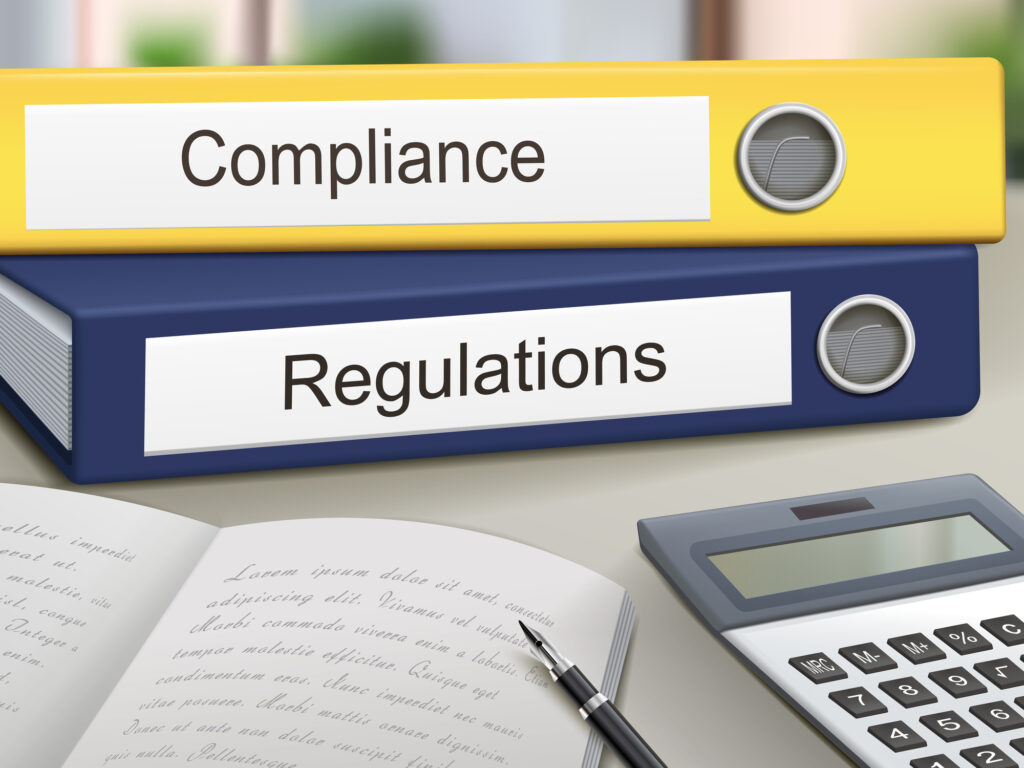In an era marked by heightened environmental awareness and a growing commitment to sustainability, governments and organizations around the world are placing increasing emphasis on environmental regulations. These regulations, designed to mitigate the adverse effects of human activities on the planet, are extending their influence into supply chain operations. The impact of environmental regulations on supply chain compliance is profound, reshaping the way businesses operate, source materials, and distribute products. This article delves into the significant role of environmental regulations in supply chain management, exploring their implications, challenges, and the opportunities they present for fostering a more sustainable future.
The Role of Environmental Regulations in Supply Chain Compliance
Environmental regulations encompass a range of requirements aimed at reducing carbon emissions, minimizing waste, conserving resources, and promoting eco-friendly practices. As governments and consumers demand greater accountability for the environmental impact of products and services, supply chain compliance becomes a critical focus area for organizations across industries.
Implications for Supply Chain Management
- Product Design and Sourcing: Environmental regulations influence the design and sourcing of products, driving the adoption of sustainable materials and production processes.
- Logistics and Distribution: Regulations impact transportation and distribution methods, encouraging the use of eco-friendly transport options and optimizing routes to reduce emissions.
- Waste Management: Organizations must adhere to regulations regarding waste disposal and recycling, ensuring proper management of waste throughout the supply chain.
- Supplier Engagement: Environmental compliance extends to suppliers, prompting organizations to collaborate with partners who align with sustainable practices.
Challenges and Considerations
- Complex Regulatory Landscape: Navigating the intricate web of global environmental regulations requires meticulous research, analysis, and adaptation.
- Cost Implications: Compliance may involve investments in sustainable technologies, processes, and supply chain redesign, which can impact operational costs.
- Supplier Coordination: Ensuring suppliers meet environmental standards necessitates effective communication, monitoring, and collaboration.
The Benefits of Environmental Regulations in Supply Chain Compliance
- Sustainability: Regulations drive organizations to adopt sustainable practices, reducing their carbon footprint and contributing to a healthier planet.
- Innovation: Compliance often spurs innovation, prompting the development of new eco-friendly technologies and solutions.
- Consumer Trust: Adhering to environmental regulations enhances brand reputation and consumer trust, appealing to environmentally conscious consumers.
- Long-Term Viability: Compliant supply chains are better positioned to adapt to changing regulatory landscapes and evolving consumer preferences.
Opportunities for Transformation
- Supply Chain Optimization: Environmental regulations prompt organizations to reevaluate and optimize their supply chain processes, reducing waste and inefficiencies.
- Collaborative Partnerships: Organizations can collaborate with suppliers and partners to collectively meet environmental compliance standards.
- Data-Driven Insights: Compliance requires robust data collection and reporting, which can lead to insights for improving supply chain operations.
The impact of environmental regulations on supply chain compliance underscores the imperative for organizations to adopt sustainable practices. As environmental concerns intensify, organizations that proactively embrace and integrate compliance measures into their supply chain operations stand to benefit from enhanced brand reputation, reduced environmental impact, and long-term resilience. By viewing environmental regulations as an opportunity for positive change rather than a mere obligation, organizations can contribute to a greener future while simultaneously securing their position in an increasingly eco-conscious marketplace.
The Perfect Planner Team is here if you have any questions about The Impact of Environmental Regulations on Supply Chain Compliance, and we offer a free consultation service. If you would like to connect with us on this article or any other topic, please message us on LinkedIn, shoot us an email at info@perfectplanner.io, visit our website at www.perfectplanner.io, or give us a call at 423.458.2979.
Author: Thomas Beil
Publication Date: September 19, 2024
© Copyright 2024 Perfect Planner LLC. All rights reserved.






